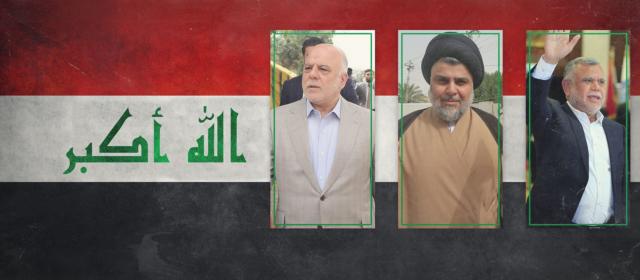Iraq’s parliamentary election in May was supposed to determine the next government.
Marred by low voter turnout and charges of fraud, the vote is now subject to a recount of suspect ballots.
Preliminary results show the bloc led by radical Shiite cleric Moqtada al-Sadr, a longtime foe of the United States, finished first.
Iraq’s current Prime Minister Haider al-Abadi, a U.S. ally, was third. Analysts said Sadr alone won’t have enough seats in parliament to form a government and determine the next Prime Minister.
With the unfinished recount, lots of intrigue remains.
CGTN’s Nathan King reports on the situation.
Follow Nathan King on Twitter@nathanking
- Ahmed Rushdi is a senior policy adviser to the Speaker of the Iraqi Parliament, and the Director of the House of Iraqi Expertise Foundation.
- Majeed Gly is a journalist and political analyst with the Rudaw Media Network.
- Jonathan Broder is an award-winning journalist who spent two decades as a correspondent in the Middle East and Asia.
- Mazin Al-Eshaiker served as an adviser to the Prime Minister of Iraq and currently heads the Injah Development Center, an economic policy group.
For more:
Iraq top court clears way for election recount https://t.co/egTE2EZZEz
— World Tribune (@WorldTribune) June 25, 2018
Representatives of Iraq’s Kurdish parties, which allege fraud in the May 12 elections, express fears of a looming political crisis if the proper authorities do not address their complaints. #TwitterKurds #Kurdistan #IraqiElections2018https://t.co/l1P0U57dpD
— Kurdistan 24 English (@K24English) June 27, 2018
Top Iraq court orders manual election recount https://t.co/EF4icJEHza pic.twitter.com/m7j1QwlkLf
— The Straits Times (@straits_times) June 21, 2018
 CGTN America
CGTN America

